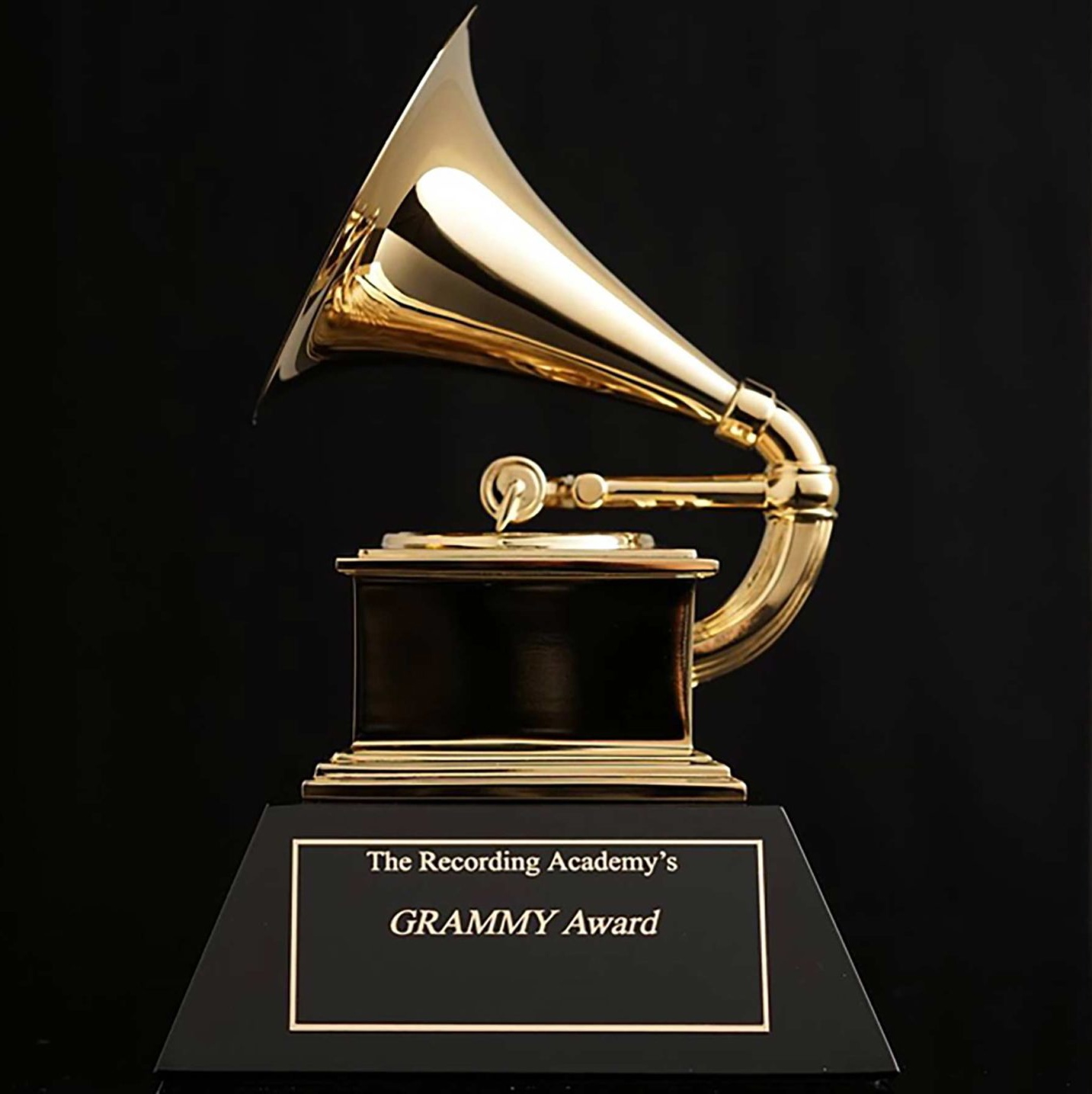
First song using AI wins Grammy — and it’s The Beatles
A momentous event occurred in the history of the music industry: The Beatles’ song “Now and Then”, created with the help of artificial intelligence, became the first AI-assisted song to receive the prestigious Grammy award in the Best Rock Performance category. This is the legendary group’s eighth competitive Grammy.
The uniqueness of the winning composition lies in the innovative approach to its creation. The track was based on a demo recording by John Lennon made in the late 1970s. Work on the song initially began in the mid-90s, when Paul McCartney, Ringo Starr, and George Harrison planned to include it in The Beatles Anthology project, adding their parts to Lennon’s original recording.
However, technical limitations of that time made it impossible to separate Lennon’s vocals and piano parts from the low-quality demo recording, which led to the release being postponed for many years. Only in 2023, thanks to a breakthrough in machine learning technologies, was it possible to successfully clean and restore the original recording.
At the Grammy ceremony, Sean Lennon, John Lennon’s son, accepted the award on behalf of The Beatles. The victory of “Now and Then” is particularly significant considering the strong competition: the nomination also included works by such well-known performers as Green Day, Pearl Jam, The Black Keys, Idles, and St. Vincent.
This historic event marks a new era in the music industry, where artificial intelligence becomes a tool not only for creating new music but also for restoring and preserving musical heritage. The success of “Now and Then” at the Grammy opens the way for further application of AI technologies in the music industry, demonstrating their potential in combination with human creativity.
